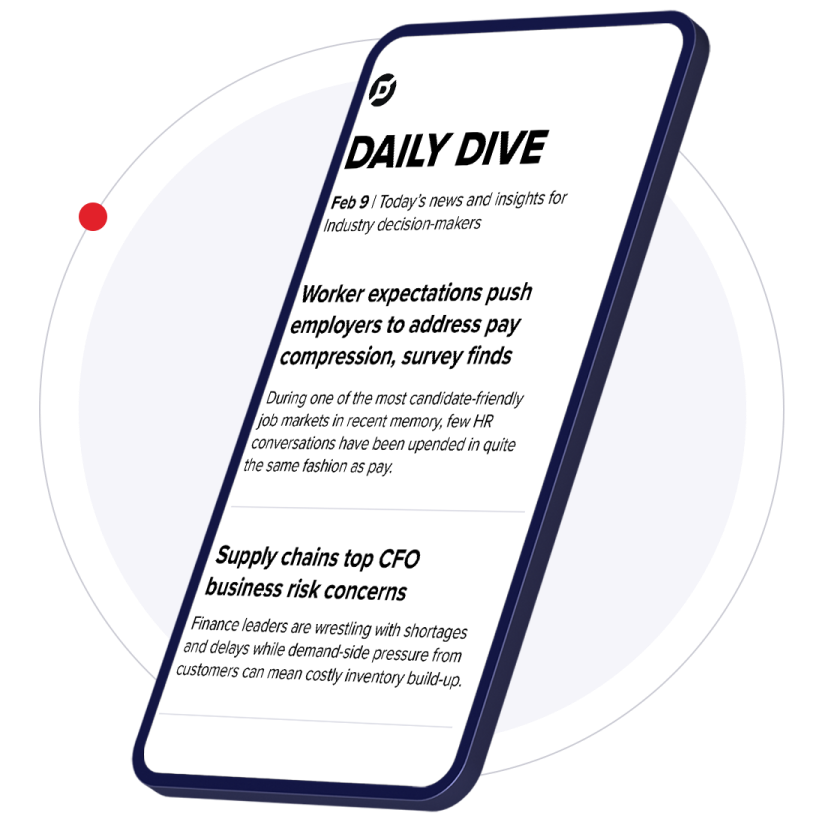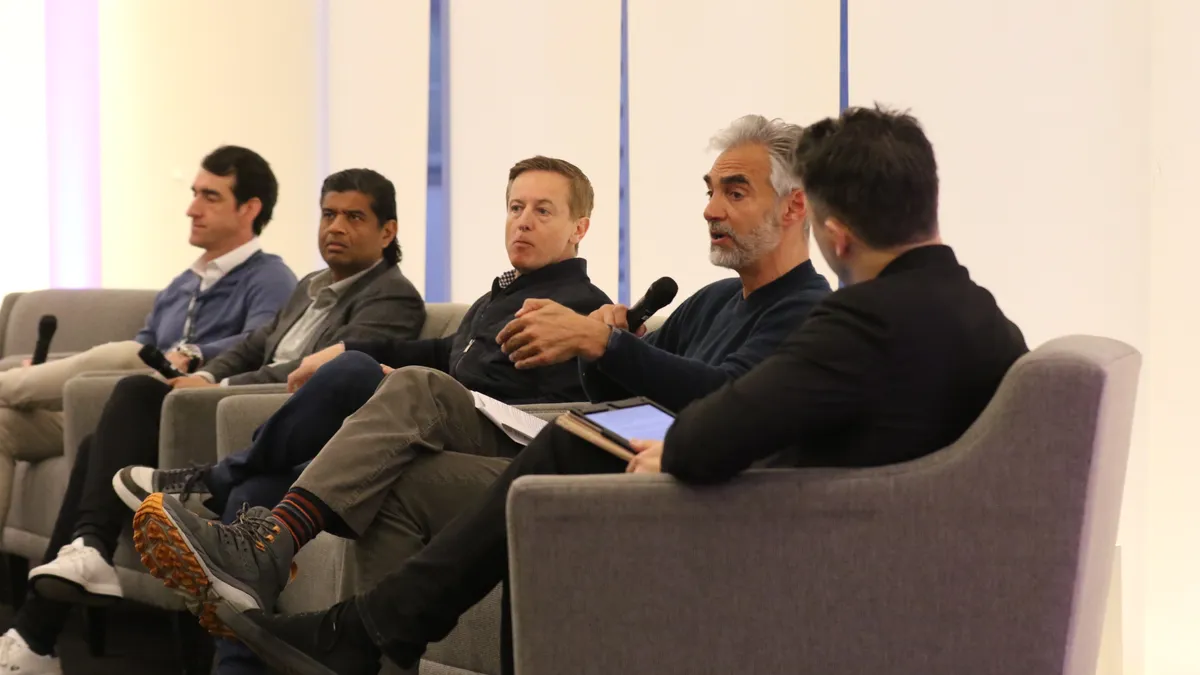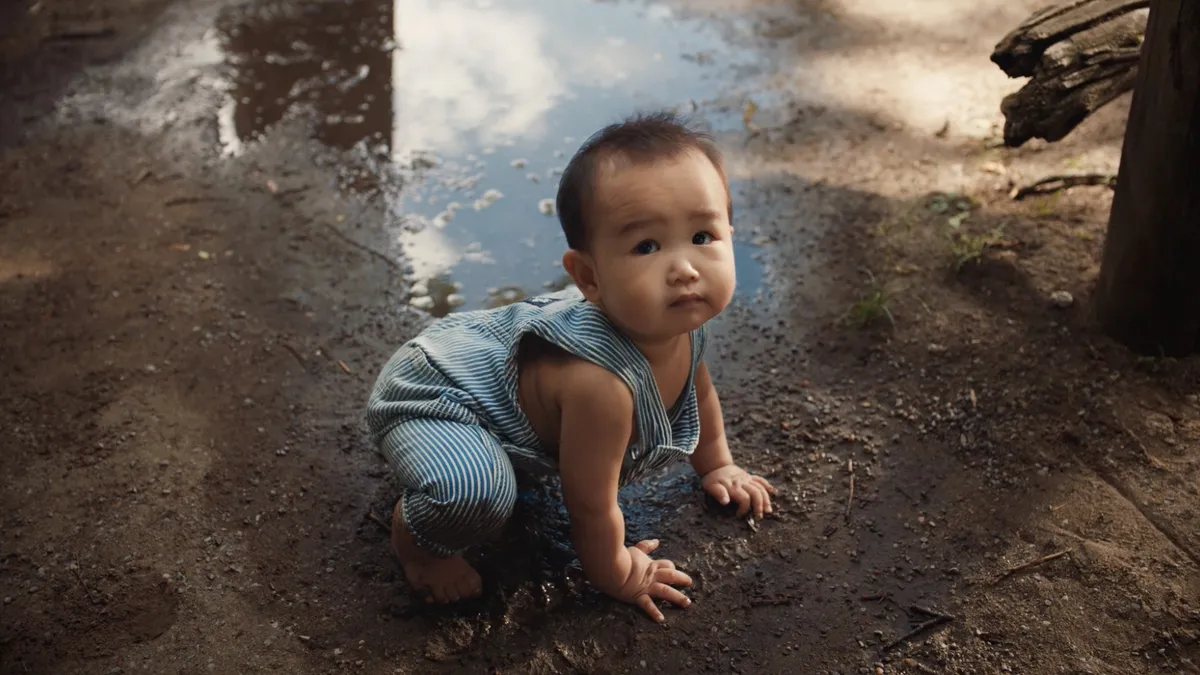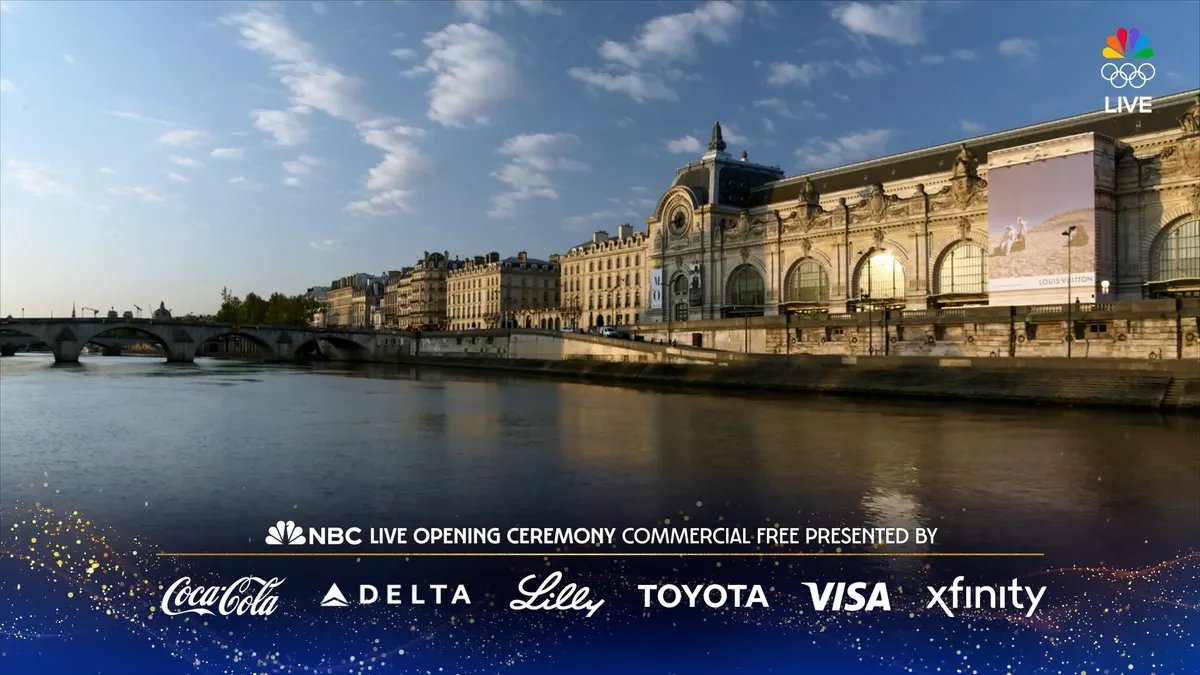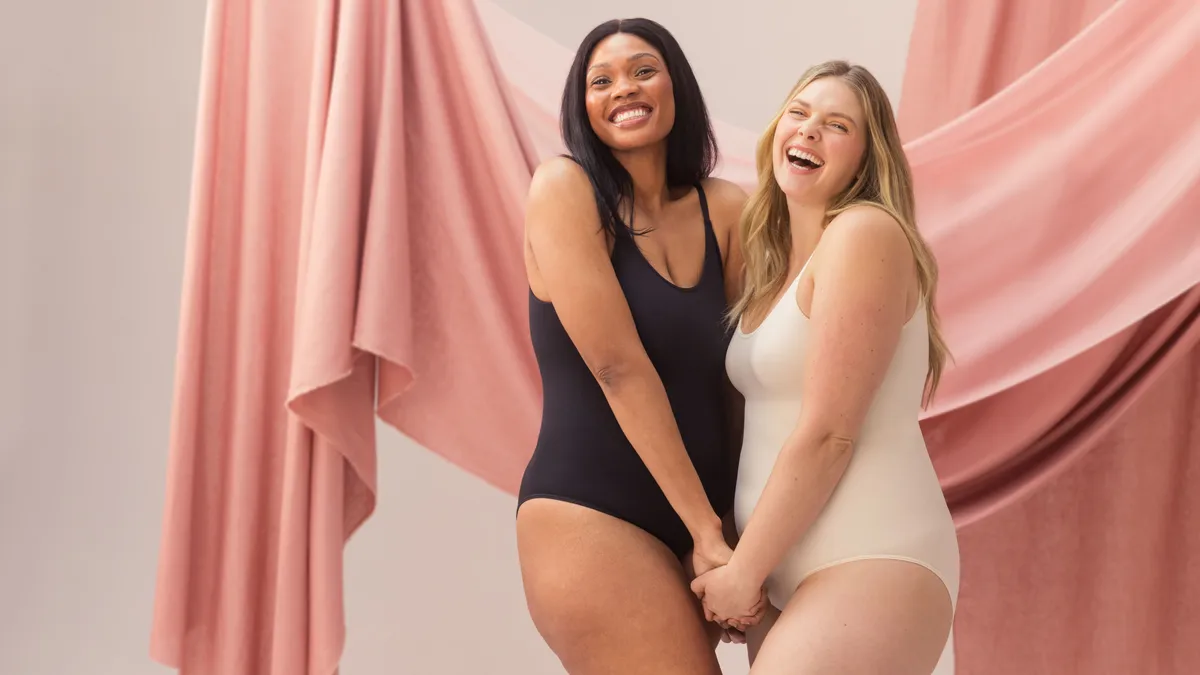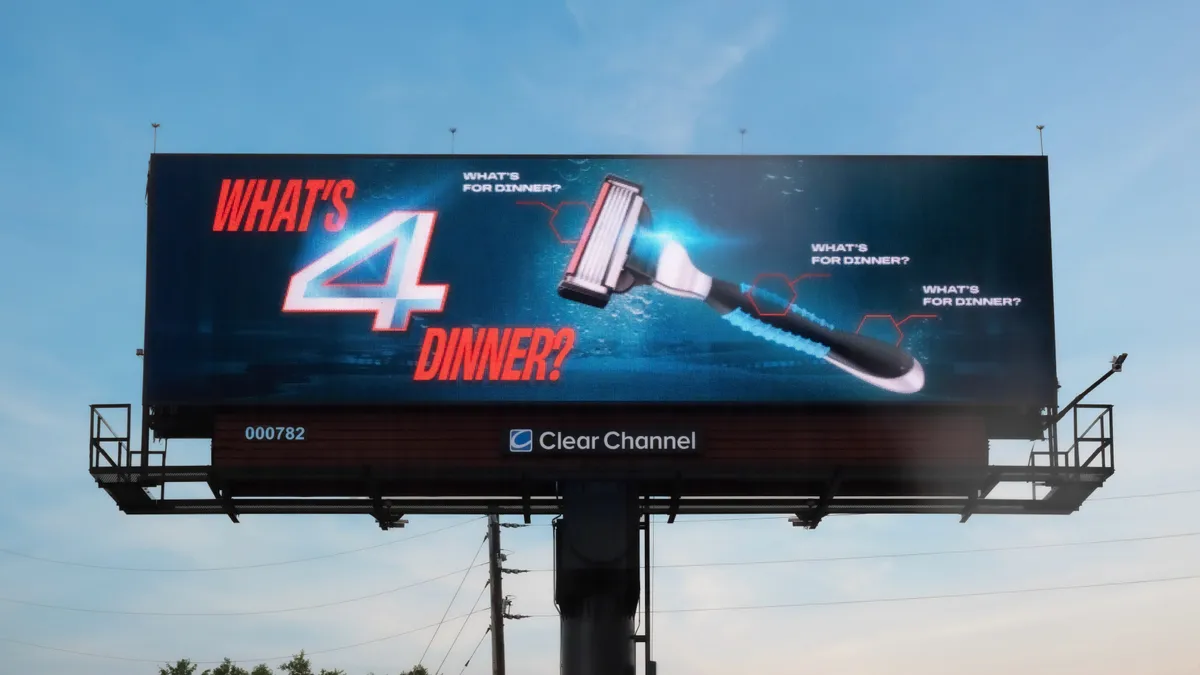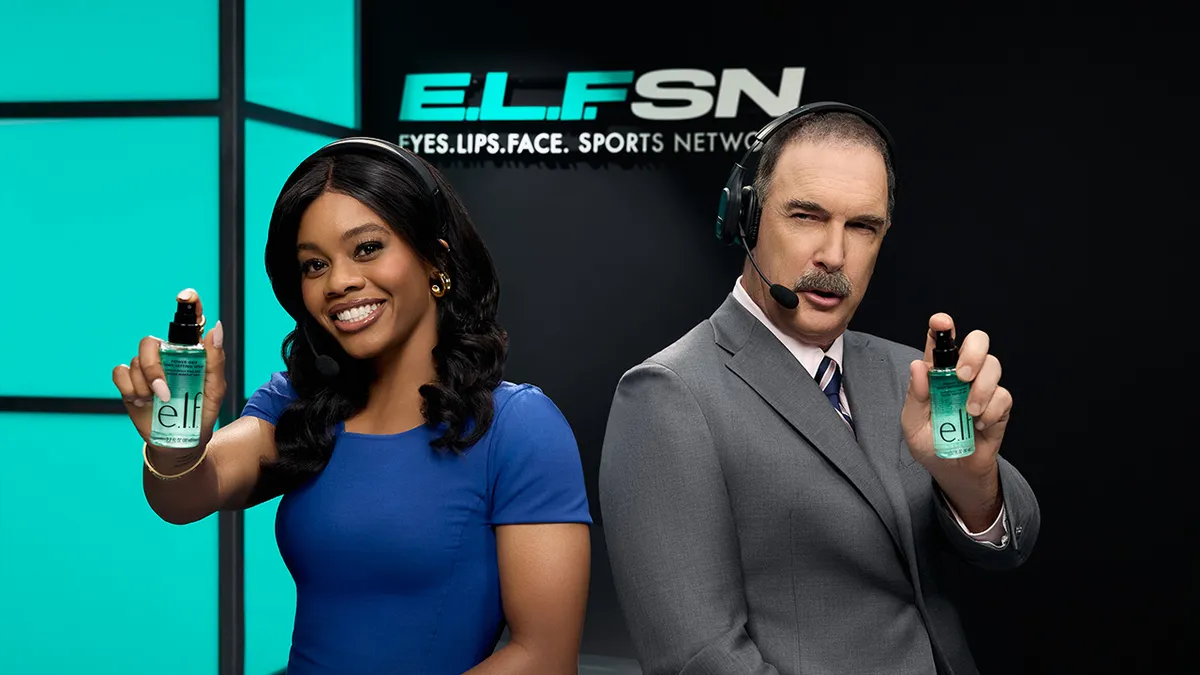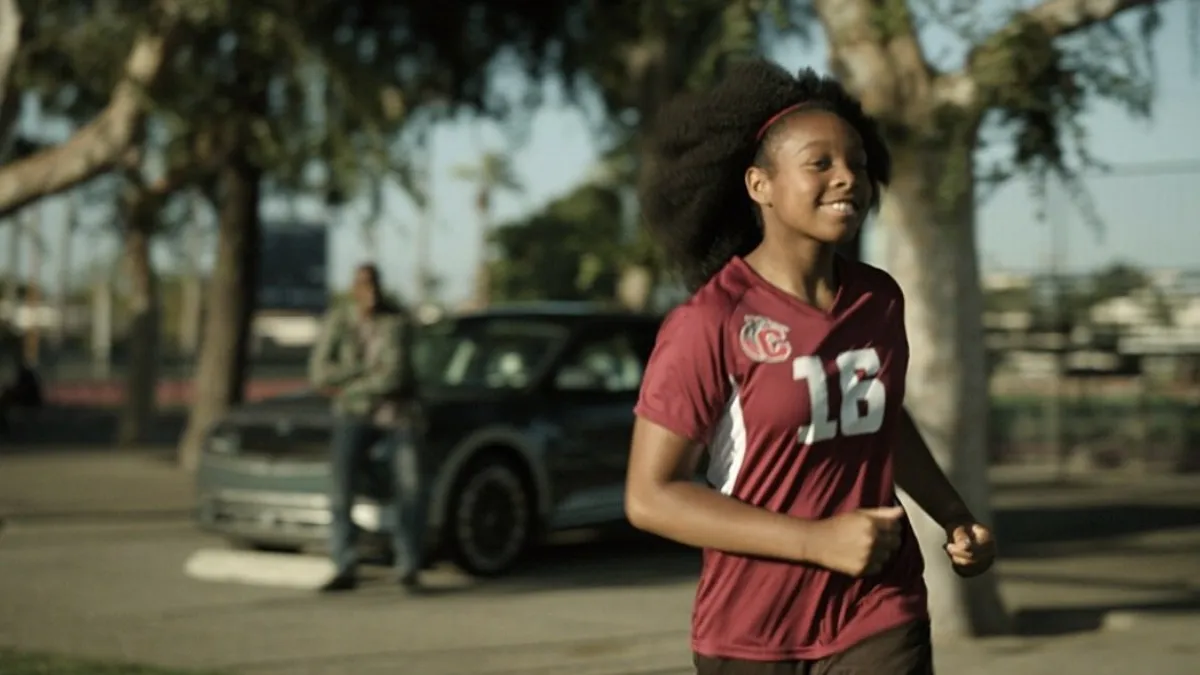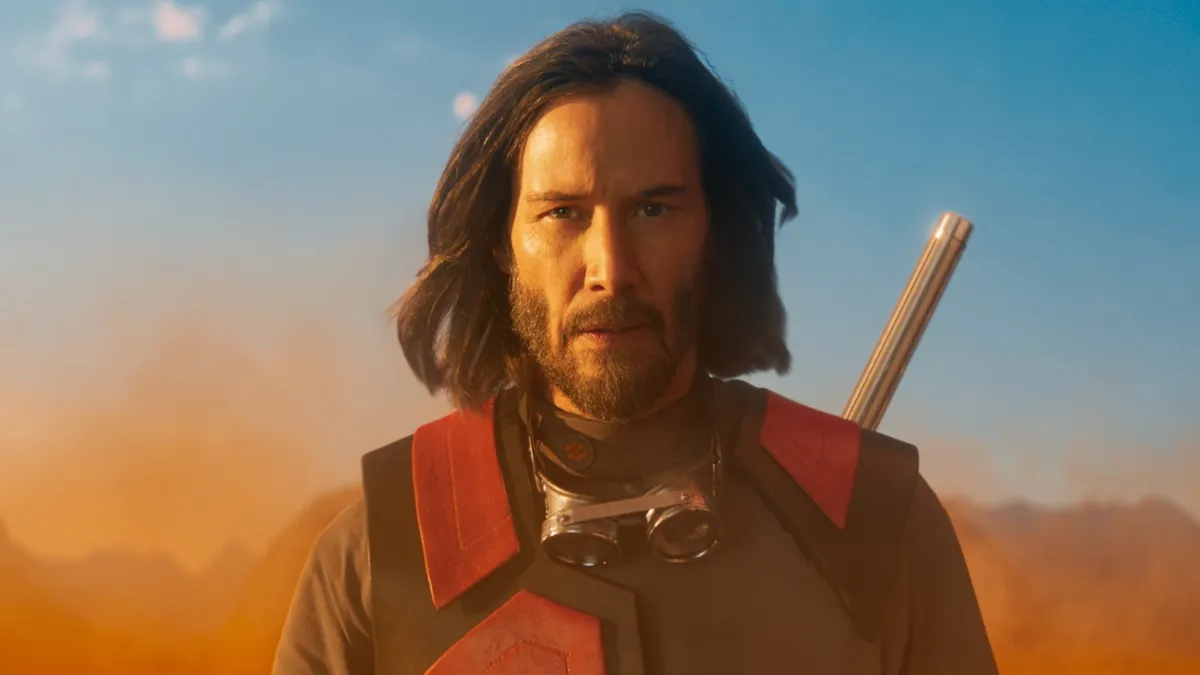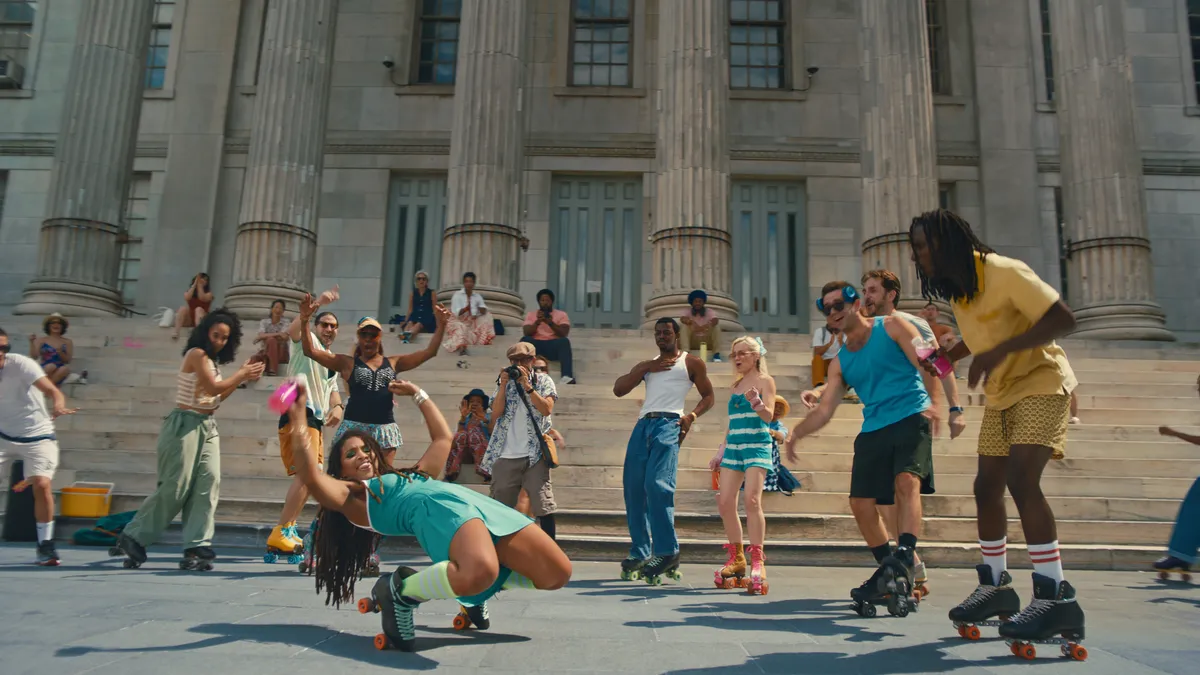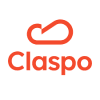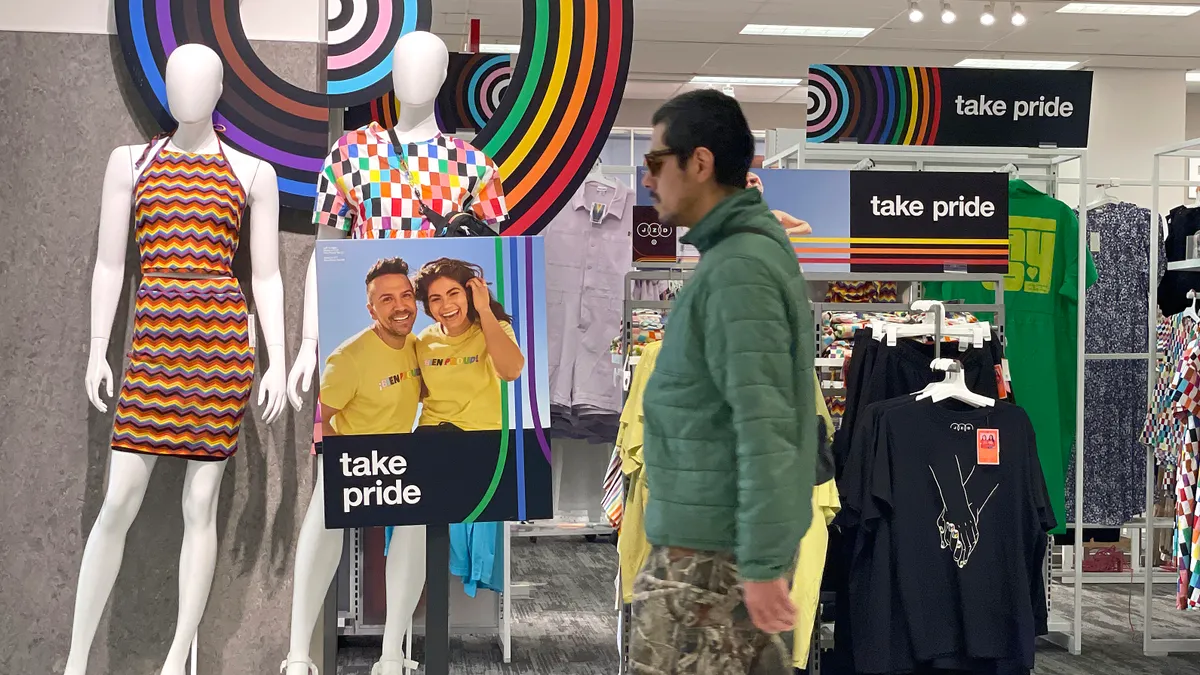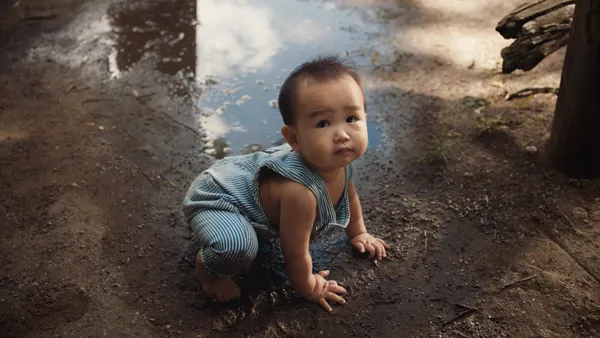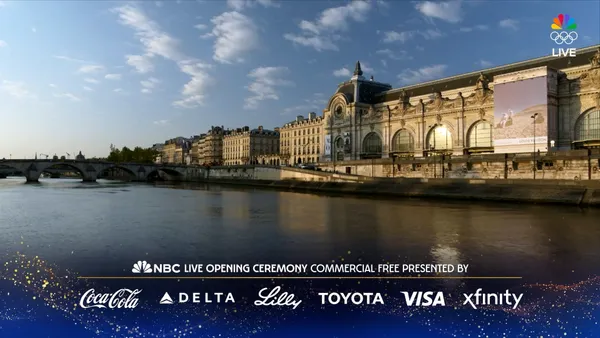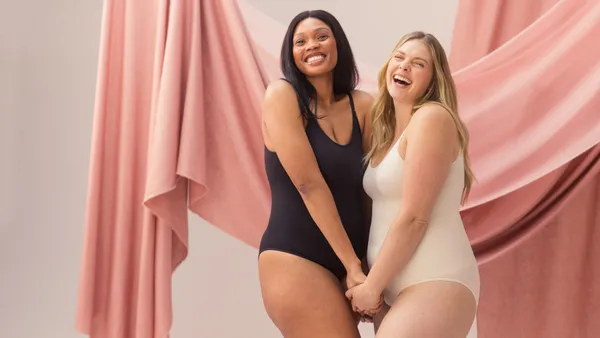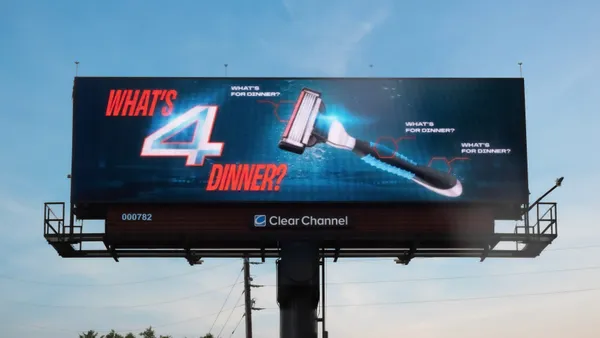This year, the face of campaigns for Bud Light and Doritos was the heavily tattooed one of Post Malone. The rapper is far from alone: stars like Cardi B, Snoop Dogg and Lil Nas X are at the front of cross-channel campaigns for major CPG and QSR brands. And while brands have tapped hip-hop for more than 25 years, the last few have seen an uptick in campaigns that rely on rappers in more deeply integrated ways and target wider audiences.
The bigger reliance on rappers is likely to carry forward as hip-hop continues to dominate pop culture. However, as the unsteady environment caused by the coronavirus pandemic has marketers pausing and rethinking campaigns, such collaborations may also take a hiatus. But they could be back and stronger than ever once the health crisis subsides.
Ever since Sprite's groundbreaking "Obey Your Thirst" campaign launched in 1994, hip-hop and marketing have been a potent pairing due to a factor crucial to hip-hop and increasingly important in marketing: authenticity.
"With all the talk about the need for brands to be authentic, transparent, collaborative, accessible and inclusive, I feel that tapping into the driving forces that feel close to culture is a way that [brands] have been trying to be those things," Casandra Malowanczyk, director of strategy at Stink Studios, told Marketing Dive.
"[Post Malone is] always truly him and so authentic to Bud Light, that has just been such a natural relationship."

Nick Adler
Cashmere Agency, SVP of business development
The appearance of authenticity is a key factor in Bud Light's partnership with Post Malone, the chart-topping artist who went from relatively obscurity to breaking records in just a few years.
"[Malone] has always been a Bud Light guy, even when he was a young artist, and now you've seen him and Bud Light do a ton of work together. I think that it was really smart of AB InBev to attach themselves to him early [which] now obviously benefits them as he is one of the top artists in the world right now," Nick Adler, SVP of business development at lifestyle marketing collective Cashmere Agency, told Marketing Dive.
"He's always truly him and so authentic to Bud Light, that has just been such a natural relationship. I applaud them for continuing to push their brand forward, and I think he's been able to use that brand relationship to also help his career tremendously," he said.
The recent acceleration of hip-hop-focused campaigns, then, could be due to a new generation of marketers who personally understand how rappers are viewed as authentic and the brand-fit they can deliver.
"A lot of the people who are leading the brands now on the marketing side grew up in hip-hop and have seen the authenticity of these artists. So it's not so unusual for them to tap these artists to represent the brand, whereas I think in the past ... there was kind of a trepidation about working with these acts and fear that it could impact badly on their brands," Adler said.
Brand safety was a concern for both Pepsi and Reebok back in 2013, when the companies cut ties with rappers Lil Wayne and Rick Ross, respectively, after controversies. But as both marketers and artists are more savvy about navigating the intersection of hip-hop and branding, these partnerships can thrive.
"I think that artists who have a long term vision ultimately can handle that crisis management and will ride it out, and brands who can ride it out with them will benefit from them," Adler said.
Hip-hop sells products, changes budgets
Judging by the continued and increased use of rappers to hawk products, these campaigns can convert to sales. Adler says that was the case with Dunkin's partnership with Snoop Dogg around a Beyond Meat breakfast sandwich.
"There was a direct uplift in stock price as well as people who went into the store to purchase the Beyond-Dunkin sandwich," Adler said. "There's a reason why Snoop Dogg works as much as he works: because he sells a lot of product, and he helps companies that are publicly listed. He helps their share price, which is incredible — that you can actually correlate a growth in the publicly traded markets to an artist. That's an anomaly [among campaigns] and that's something that you realize why [brands] are going to do this."
Snoop, who gradually transitioned from gangsta rapper to brand spokesman around the turn of the millennium, has helped to open a lane for artists to work with brands. He also is a signpost for the changing role of hip-hop in pop culture that's moved these campaigns beyond simply multicultural outreach.
Rappers like Snoop also know their worth, especially when it comes time to close deals with brands. The shift from multicultural to mass market hip-hop campaigns is also reflected in marketing budgets.
"Overall, we're seeing brands paying more for celebrity talent, and hip-hop artists have benefited from that. I believe that hip-hop talent in particular is seeing a more aggressive rise in fees in a shorter amount of time because they are the ones topping the charts, and these fees are now coming from companies' national, and sometimes global, marketing budgets," Adler said.
"In the past, it was definitely more difficult to get a full endorsement deal through these channels, as spends on hip-hop artists commonly came from smaller budgets for limited campaigns from a multicultural or regional marketing team," he added.
Moving forward in a rap-focused mainstream
"Rap is more and more mainstream," Kelly Bayett, co-founder and creative director of music studio Barking Owl, told Marketing Dive.
"There's no limit to what [rappers] can do… they are part of pop culture," she said, pointing to Ice-T's 20-year run on "Law & Order: SVU," 50 Cent's Vitamin Water partnership and Cardi B's role in last year's "Hustlers."
That has certainly been true with Cardi B, who in a handful of years went from reality show participant to platinum-selling artist to the face of campaigns for Pepsi and Reebok.
"Hip-hop artists [like Cardi] are who they are and they don't care what you think, and that freedom is powerful. As a brand you know exactly what you are getting," Bayett said.
Cardi has made a career — in both pop culture and marketing — out of being outspoken, and of pulling back the curtain to let fans and consumers see her authentic self, especially on social media. The Bronx-raised talent is also of Dominican, Trinidadian and Spanish heritage, and better reflects the inclusivity that's become a key component of brand campaigns targeting younger consumers.
"As consumers, we no longer have to tolerate brands trying to sell us products by showing us the same type of person which may not look like us," Stink Studios' Malowanczyk said. "We want to see different bodies, different ethnicities, different ages and abilities… Brands have now had to respond by being more inclusive and more diverse in the types of people that they're representing in their campaigns."
"Once things calm down, I anticipate the hip-hop-based marketing and brand collaborations will skyrocket. People will be ready to let loose and have a good time."

Kelly Bayett
Barking Owl, co-founder and creative director
However, it remains to be seen what will happen to this type of campaign after the coronavirus pandemic subsides. Like almost all industries, the advertising world is rethinking how it does business both now and in the months and years ahead.
"The main way that [coronavirus] is affecting hip-hop-centered marketing is that people are taking a more serious and hopeful tone in their work. We are working with stock footage to build these messages of hope and it seems as if the typical hip-hop brand campaign doesn't fit into that message," Bayett explained via email.
But if and when things return to normal, brands that partner with rappers could benefit most.
"Once things calm down, I anticipate the hip-hop-based marketing and brand collaborations will skyrocket. People will be ready to let loose and have a good time," she said.




